21, May 2020
Cameroon COVID-19 survivor battles stigma via social media 0
In parts of sub-Saharan Africa, surviving COVID-19 also means fighting stigma. A number of countries from Ghana to Kenya and Nigeria have recorded incidents of survivors being stigmatized.
Over in Cameroon, one such survivor is on a mission to lead the fight against stigma. Ekane Anicet has decided to share his experience to spread awareness about the illness.
“People are scared; people didn’t think COVID-19 could touch them. In fact, what frightens people is the images from the West where they line up corpses, figures like ’8,000 dead’, it’s television that has created this panic among Africans,” he stressed.
Ekane is using social media to try and de-dramatize the pandemic and is at the head of an association for COVID-19 survivors.
A clinical psychologist also explains that the way COVID-19 victims are dramatically handled in the public adds to the stigma.
Dr Erero Njiengwé explained: “The way in which the teams arrive in the homes is a way that adds to the personal drama that people are experiencing, and creates – by attracting the attention of those around them – a further dramatisation of the problem.
“And it confirms or reinforces in the thoughts and minds of those around them the dangerousness of the coronavirus – which before was far away and almost theoretical.”
Source: Africa News
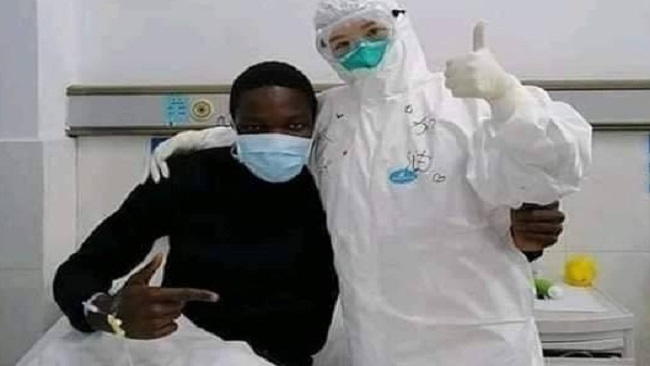
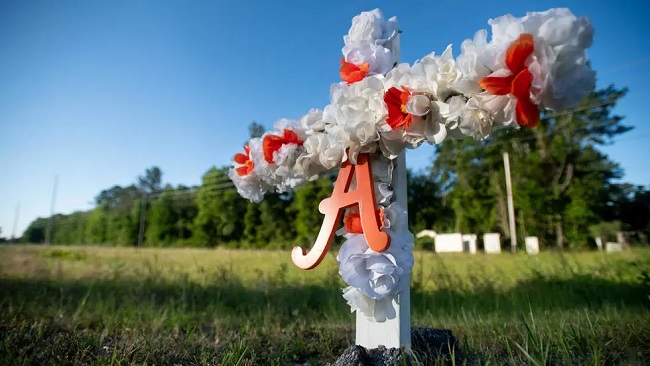
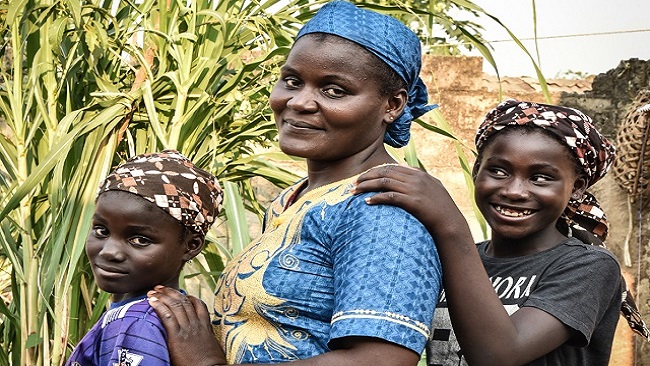
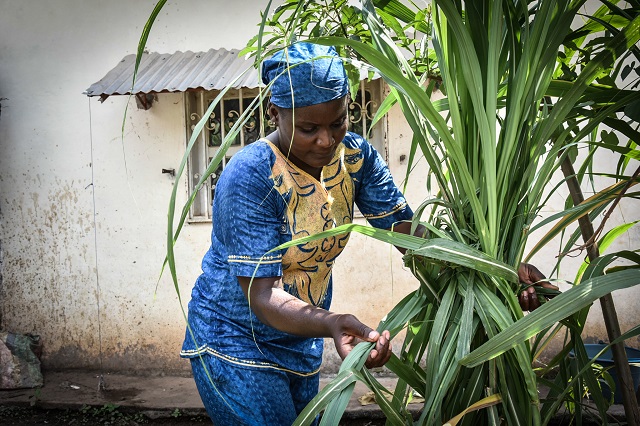
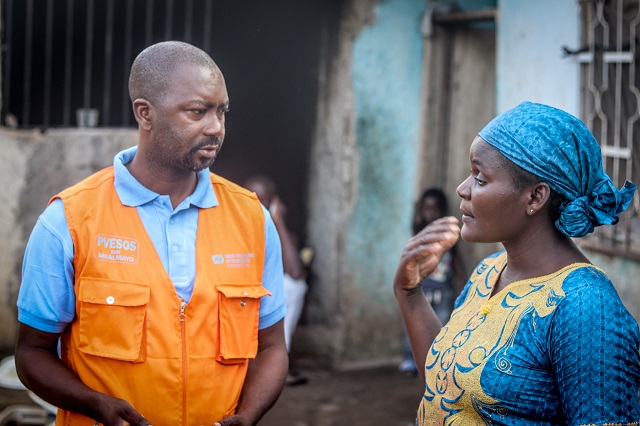
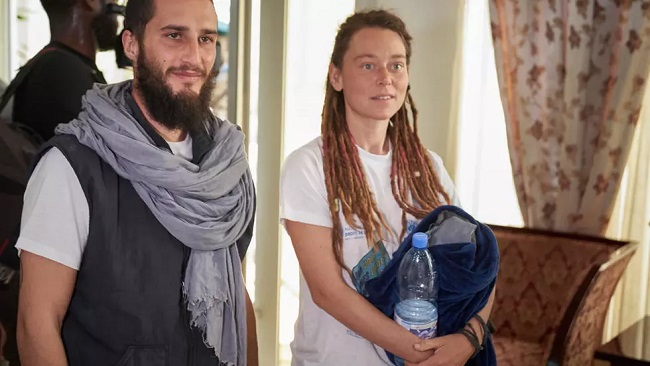




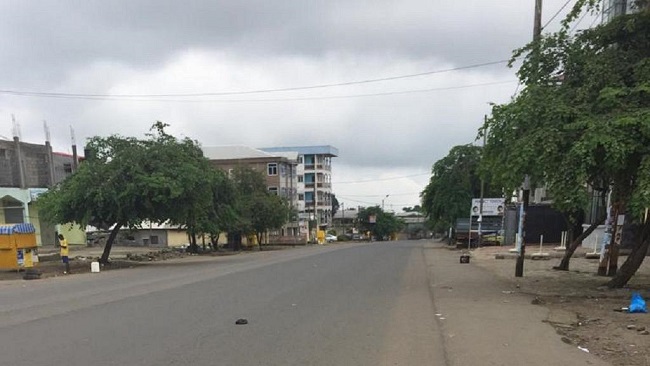














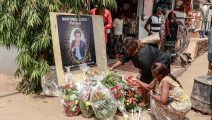


12, July 2020
Nigeria: Widows in Akwa Ibom drilled on COVID-19 prevention 0
The CEO of Theo Light Health Foundation, Mrs Helen Ani, advised widows of Akwa Ibom state to make themselves familiar with the major prevention techniques of the on-going pandemic, COVID-19. Speaking to 150 widows drawn from all works of life during the just celebrated International Widows Day, the health personnel described the pandemic as deadly but cautioned that the disease can be treated if diagnosed early.
The occasion, which held at the Scripture Union Hall Uruan in Uyo, Akwa Ibom State, was organised by the Belinda Babila Foundation.
In her presentation, Mrs Ani lectured the women on the necessity of obeying the laid down regulations to combat the disease. She advised them to wash their hands under running water with soap regularly, use hand sanitizers, always wear face masks, and keep social distance. Helen whose foundation caters for female teenagers who are victims of unwanted pregnancies as a result of rape, admonished the women not to brood over their situation but to shun empathy and occupy themselves in socio economic activities. She thanked Belinda Babila Foundation for reaching out to widows and for giving her the opportunity to educate the women on COVID-19.
For her part, Rev. Mrs Relindis Ngum Ojong, BBF representative in Nigeria reminded the women that though their husbsnds have moved to the world beyond, they have a super husband in Jesus Christ. She advised them to trust in him because He never fails.
It should be recalled that the Belinda Babila Foundation BBF which is a nongovernmental organization, celebrated this year’s International Widows day in Nigeria, Ghana and Cameroon.
By Tina Nene Nganda in Nigeria